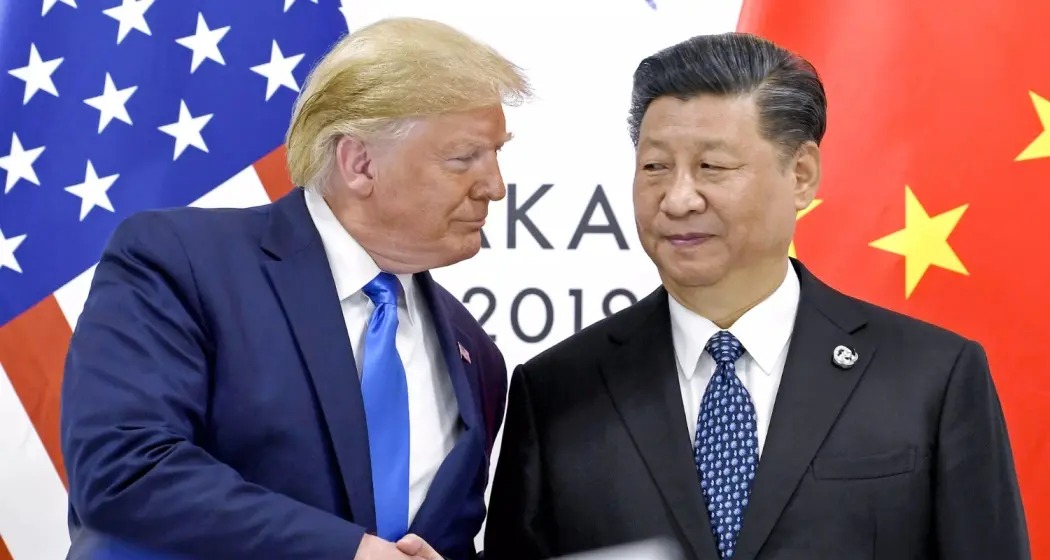Beijing retaliated a day after US President Donald Trump announced an additional 34% import tariff on Chinese goods. On Friday, China's State Council Tariff Commission said it would impose a 34% tariff on all US goods. The decision has brought the ongoing trade tensions between the two countries to a new level and deepened fears of a full-scale trade war around the world.
The Chinese government said, "This unilateral move by the US violates international trade policy and seriously undermines China's legitimate rights and interests. It is a mere example of 'bullying'."
China has also added 16 US companies to a blacklist and listed 11 more as 'untrustworthy'. China's Ministry of Commerce claims that this move reflects its responsibility to international agreements in addition to protecting national security.
President Trump has been imposing tariffs on China since he took office in January. He raised tariffs by 10 percent in two rounds in February and March. He recently announced an additional 34 percent tariff, on top of the 20 percent already in place. The White House explained that the move was to stem the flow of illegal fentanyl from China.
While China initially imposed limited retaliatory tariffs on agricultural products, energy and some U.S. companies, it has now taken a tougher approach.
“I respect President Xi and China, but they are cheating us terribly. They know what we are doing and they will fight back,” Trump said in a statement from the Rose Garden.
“China imposes about 67 percent tariffs on imported U.S. goods, including monetary policy and various non-monetary trade barriers—which are a form of fraud.”
This conflict could put pressure on the global economy for many countries, and could lead to long-term instability in the business world.





